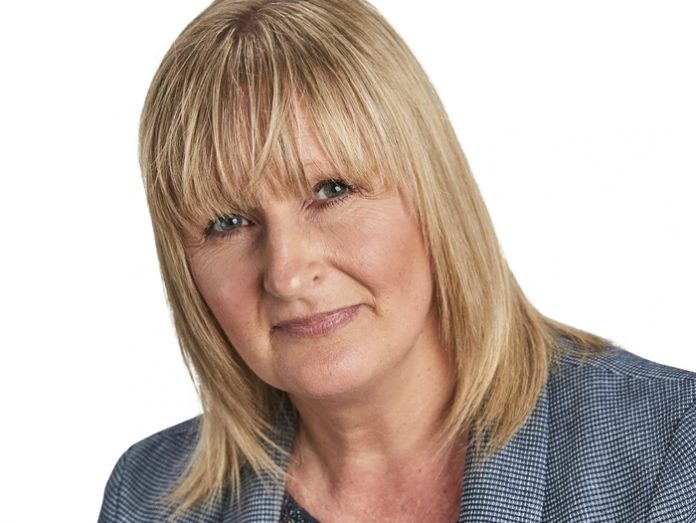In the Autumn Budget, Chancellor Rishi Sunak has pledged to give more business rates support to firms, many who have been hit the hardest with the Covid pandemic, says commercial property agent Prop-Search.
Addressing the House of Commons, he claimed that apart from the Covid reliefs, he was making the biggest single-year cut to business rates in 30 years.
Retail, hospitality and leisure operators – including gyms and theatres – will benefit from a 50% business rates discount, up to £110,000, for one year. Sunak claims this business rates tax cut alone is worth almost £1.7 billion.
Samantha Jones, an Associate Director and Retail Specialist at Prop-Search, said: “It is really positive news to see business rates are being cut by 50% to help local retailers compete with their online only peers. However, brand multiples – the biggest single employers on the High Street – will not benefit from this reduction.”
She added: “It is also disappointing that Mr Sunak’s Budget announcements contained no update about the controversial online sales tax. Of the £7.9bn that was raised through retail business rates between 2019 and 2020, just over five per cent was raised from online retailers, who at the time represented approximately 25 per cent of sales.”
Firms hoping for drastic reforms were however left waiting, but Sunak did use the Budget to update on a number of measures. These include introducing a new revaluation cycle that will be delivered from 2023 and see revaluations taking place every three years rather than every five and a new investment relief to encourage businesses to adopt green technologies like solar panels.
There will be a new ‘business rates improvement relief’ from 2023. This will enable firms to be able to make property improvements – such as a manufacturer expanding its factory, an office adding new air-conditioning or a hotel adding extra rooms – and, for 12 months, pay no extra business rates.
And finally, the Government is also freezing the business rates multiplier for 2022/2023, saving ratepayers £4.6 billion over the next five years.






















